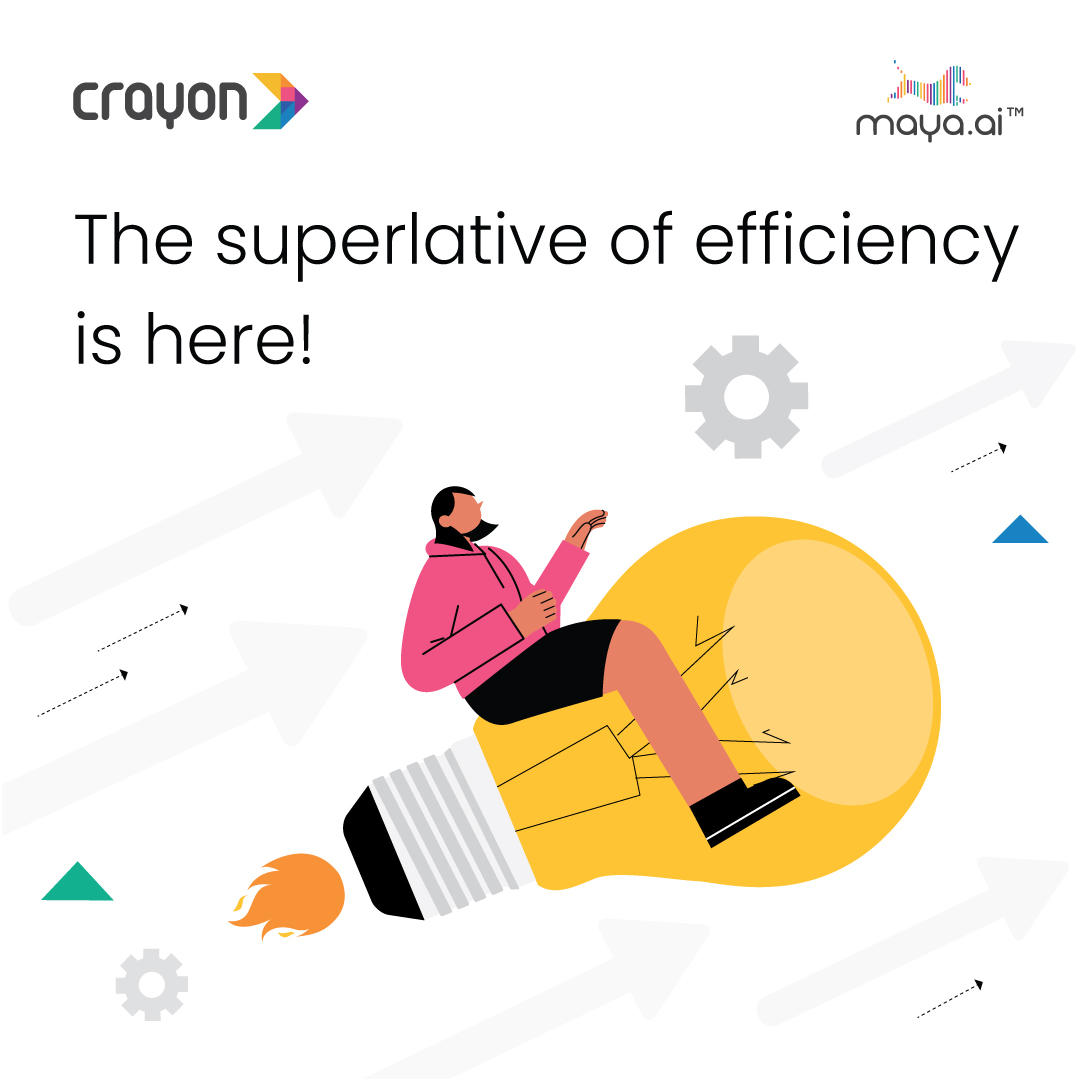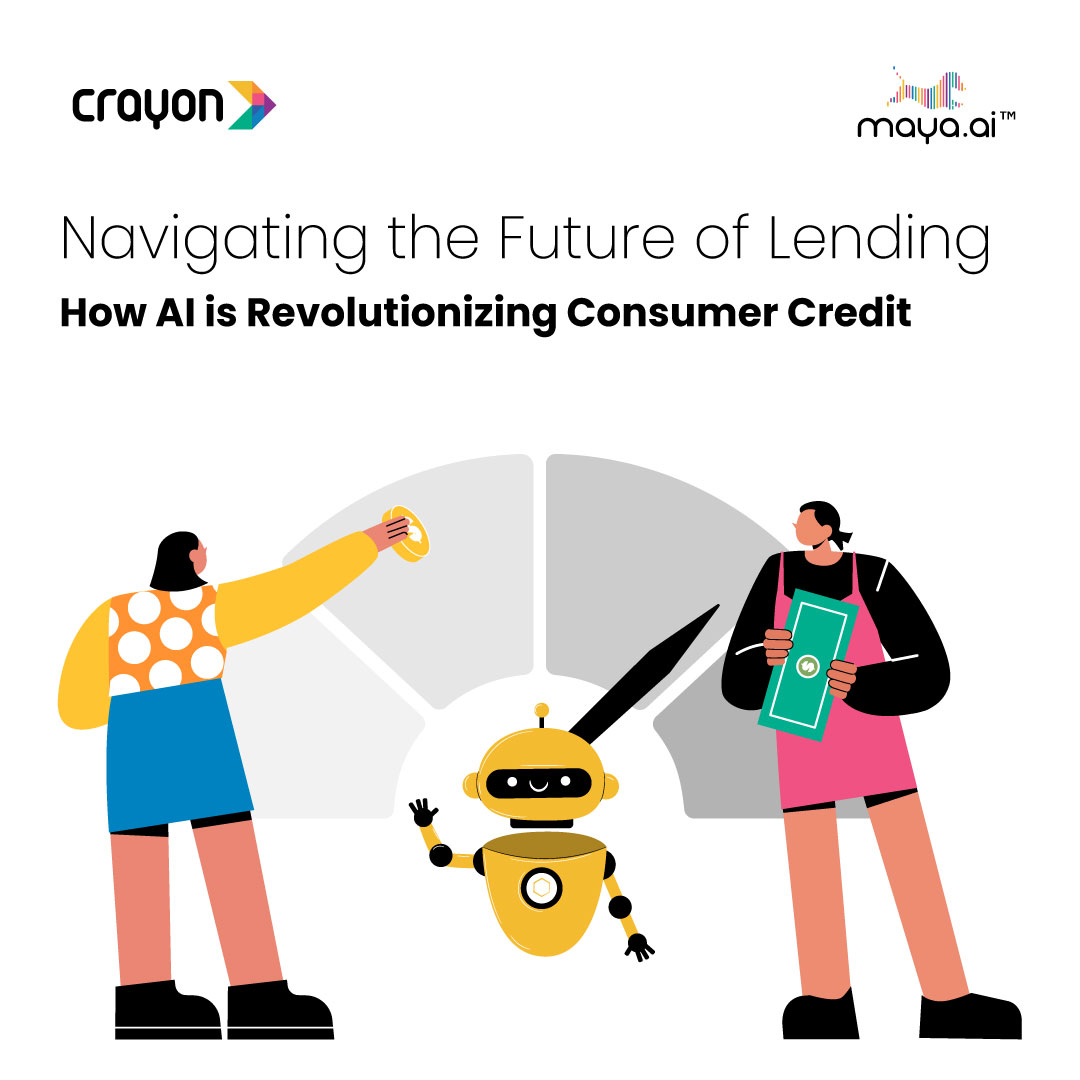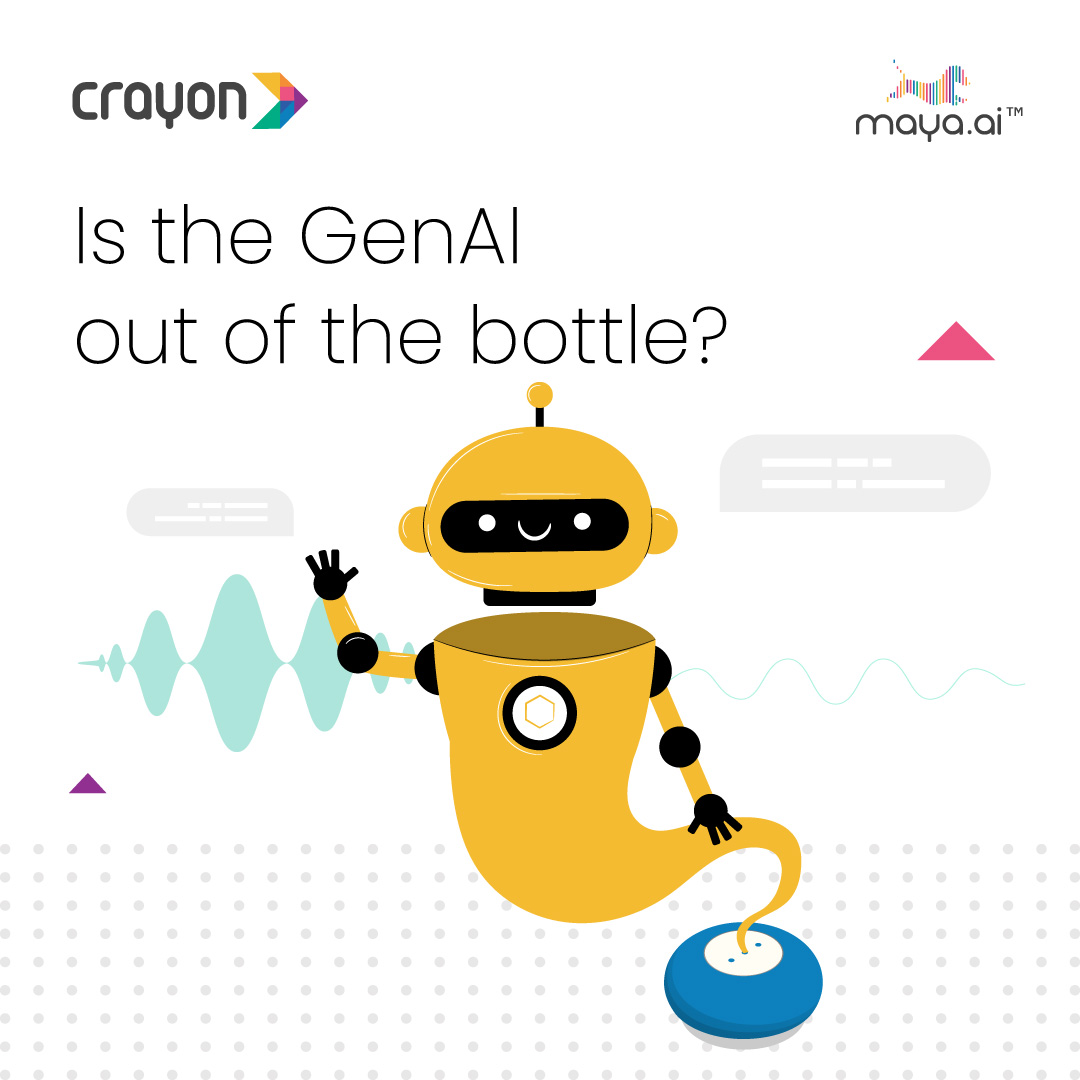Online security has always been a major concern for individuals on the internet. Whether the general population knows it or not, there are issues here which destroy the goodwill of those who decided to give major online industries the benefit of the doubt. Hot off of the heels of Facebook’s recent drama concerning stored user text message data, this problem is finally seeing some changes within the EU. These changes adopt components that have long been key to the world of cryptocurrencies, specifically those surrounding the technology of blockchain. So, where do these changes come from, who will they effect, and what advantages can the end user hope to see?
Those Pushing for Change
As is often the case with developments in modern online systems and the way in which they integrate with the world, regulations are playing catch-up. The rapid development of technology means that laws and regulations can go out of date quickly. Unfortunately, this means that loopholes and similar security flaws can appear in unpatched systems, potentially exposing both customers and businesses to data theft.
Understand this was the key as to why the EU has decided to enact new regulations on big data. One of these methods comes in the form of the General Data Protection Regulation, or GDPR, which takes effect on May 28, 2018. In general terms, this law aims to require firms to first gain consent on the exact type of data which they will receive from users, and for them to clearly state the ultimate purpose for which this data is being collected.
Those Affected
Since this is regulation passing in the EU, many mistakenly believe that it only applies to those websites stationed in the EU, but this is incorrect. In actuality, these will apply to any organization placed outside of the EU which aims to collect information of people within the EU. While the current understanding is that these changes will cost businesses significant costs in terms of both money and manpower, the idea is finally to take a step on protecting the right to privacy of people over the internet and encourage other nations to follow suit along the way. Exactly how well adopted these series of consumer-level protections will manage to fight against corporate powers and lobbyists remains to be seen.
Why Blockchain?
Blockchain offers several significant advantages, which make it perfect as a means of security. The first of these components is that of decentralization. By removing a single point of ownership as a feature of security, the system instead becomes reliant on the blockchain network. The decentralized nature of this network means that threats and corruption face significantly more hurdles if they wish to take place. As each part of these systems are interconnected, and can tell if the others are being manipulated, it means that data theft or manipulation would require the simultaneous hacking of multiple systems, over multiple locations, in ways which perfectly trip each of the multiple security measures. Not a simple task, even for the most dedicated and professional hackers out there.
With these advantages, it might now seem obvious why blockchain based security is a positive choice but, for further examples, we can look at how other organizations have adopted the use of this technology. The most obvious and widespread example can be seen from the cryptocurrency market, Bitcoin specifically. As this type of transaction comes with such high levels of inherent security, even comparing favorably to fiat currencies in many areas, it has been adopted by many online stores. These include marketplaces like OpenBazaar, hotel bookings with Expedia, and gadgets through Newegg. Furthermore, the presence of Bitcoin and blockchain in the iGaming world has allowed casino websites to offer provably fair gameplay.
Long-term Advantages of Using Blockchain
By putting security power back in the hands of the consumer, the idea is to create a system which is both safer, and which is better able to function without the interference of or reliance on the organizations which have long taken advantage. This means a future with fewer surprises of actions which have hurt the user bases of many websites and services. To use the Facebook example again, with this regulation in place, the data and private information theft would not have been possible in any way. It would have had to agree to the regulations in the first place, setting themselves up for litigation in the case of dishonesty. Following this, they would still have to manipulate the blockchain, which would have been both detected and noticed before any actual damage could occur.
Regulations such as the one we are seeing with the GDPR have been a long time coming. To many, they are an inevitability which comes from the overreach of those with little opposition. By enacting these regulations, and relying on security measures such as blockchain to protect the end users, there are now effective safety measures in place, which means we no longer must rely on trust. With these changes and regulations, now and in the future, our data and information are safer, we are safer, and the online world is all the better off for it




